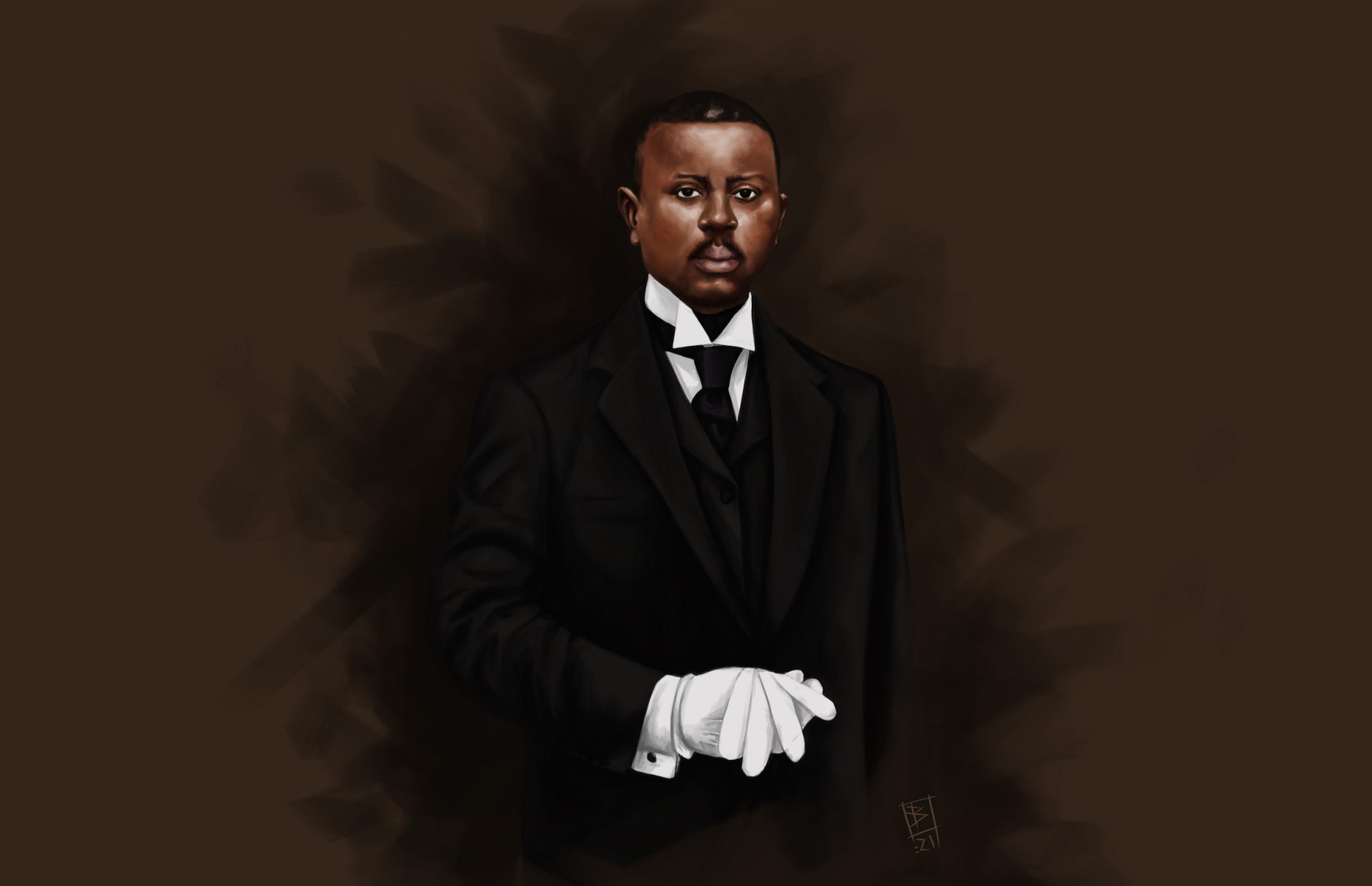Introduction
In 1898, Robert Chaittle Turner became the American Bahá’í community’s first Black believer.
While passing through this physical plane, Robert Turner had few material possessions. The son of an enslaved mother, he lived humbly, so we know little about the details of his life. We remember him today not because of those temporal facts, but because of his radiant heart and his awakened spirit, which led him to his belief in the teachings of Bahá’u’lláh and the oneness of humanity, and conferred upon him the distinct honor of being the first Bahá’í of African descent in the West.
Born before the Civil War on October 15, 1856 on a farm in Portsmouth in the Southern state of Virginia, Robert Turner came into the world as the child of an enslaved woman. His mother, Emily Wilson, was legally owned by Margaret Edwards Grice, the wife of the mayor of Portsmouth and later Confederate Major George Washington Grice. No record of Robert’s father’s name, beyond the fact that it may have been Turner, or of any of the details of Robert’s childhood, is known to exist.
In the mid-1870s, a young Robert made his way west with an aunt and uncle to the free state of California, where he worked as a waiter at San Francisco’s most prestigious hotel, The Palace – which, at the time, employed only African American waiters. While waiting on customers dining at the Palace, Robert met David S. Brown, the owner of a firm that sold fireproof safes, and began working as Mr. Brown’s butler in 1881.

